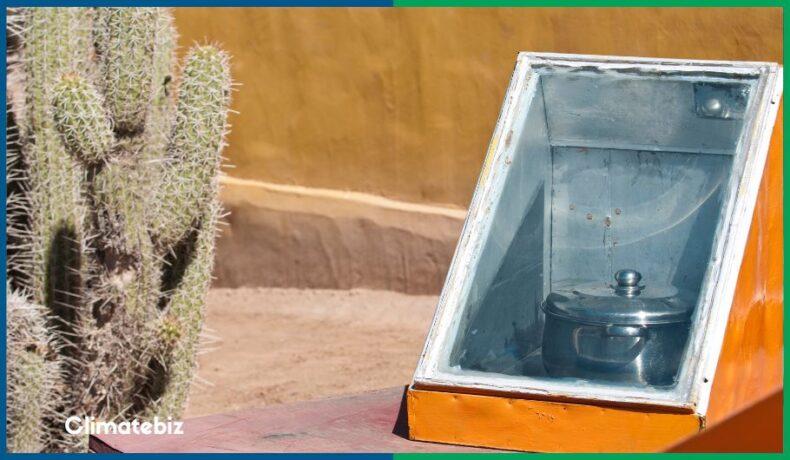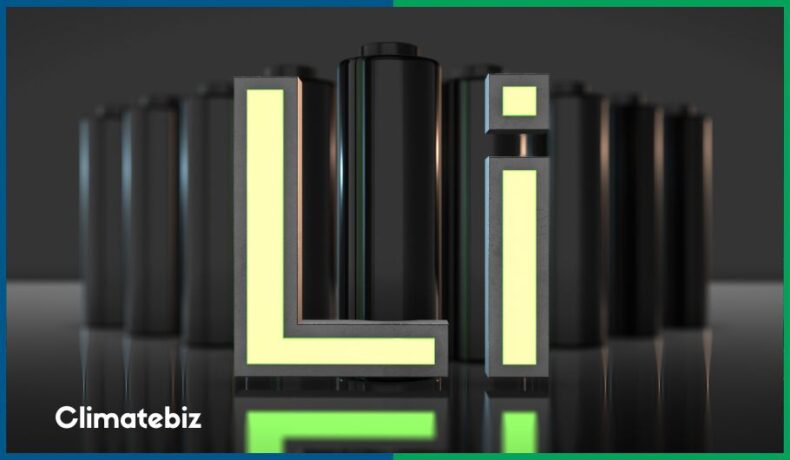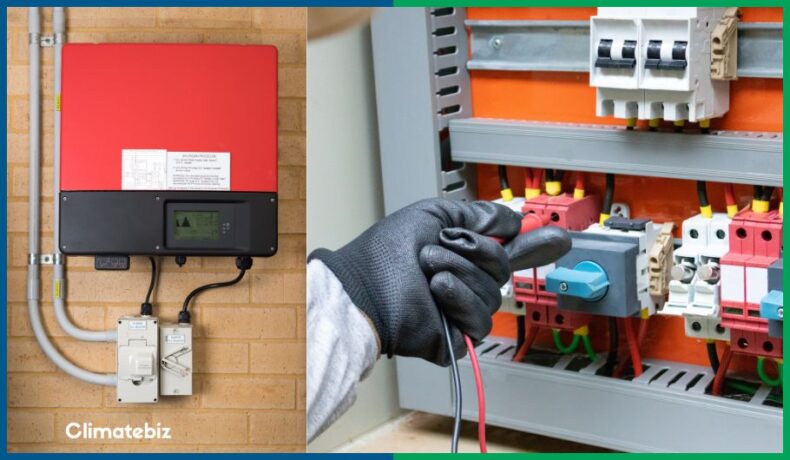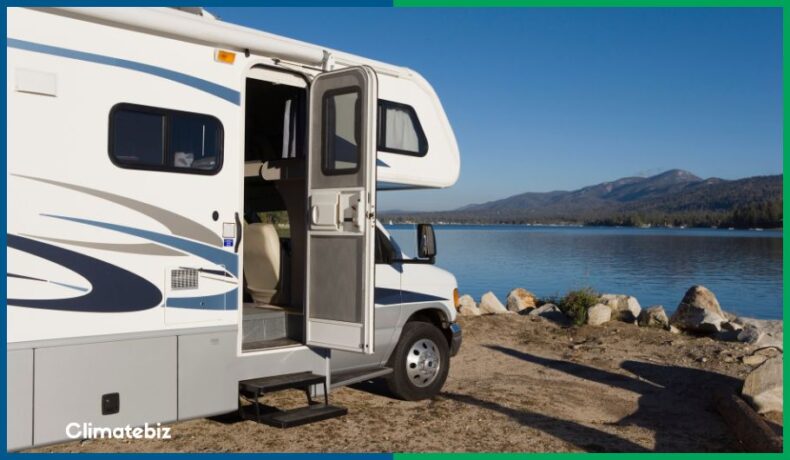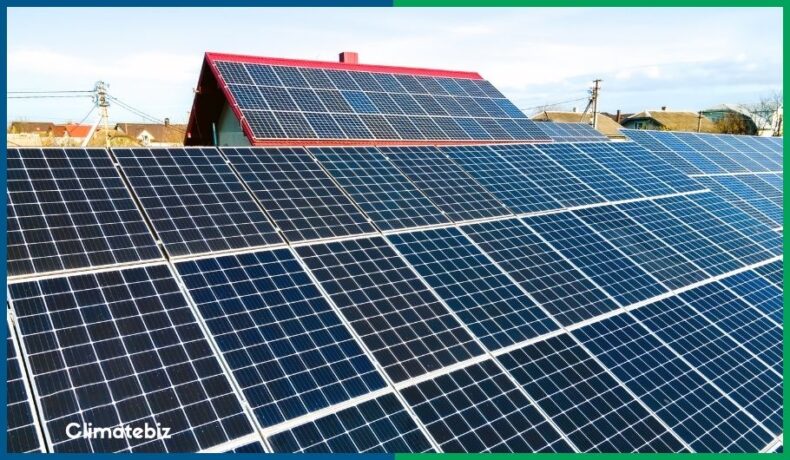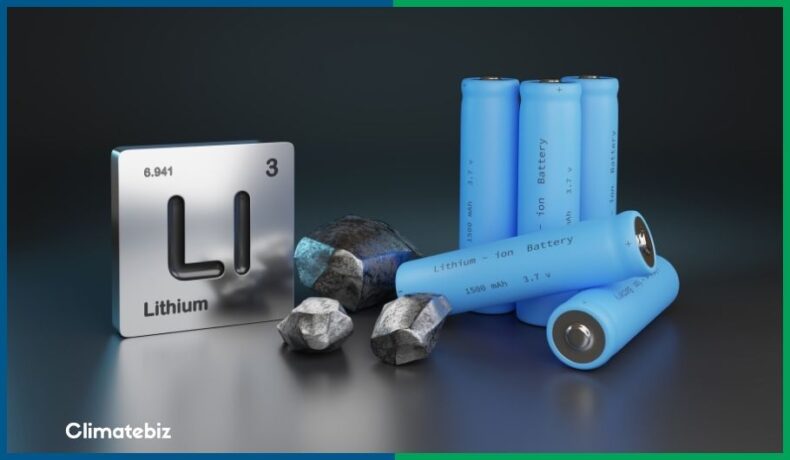How to build A DIY solar oven (Step-by-step guide)
If you’re looking for a sustainable way to prepare hot meals in remote or off-grid locations, a DIY solar oven is the solution you’re looking for. It allows you to cook food outdoors efficiently, using only the energy from the sun! You can build a low-cost, portable DIY solar oven with the proper materials. Don’t … Read more

